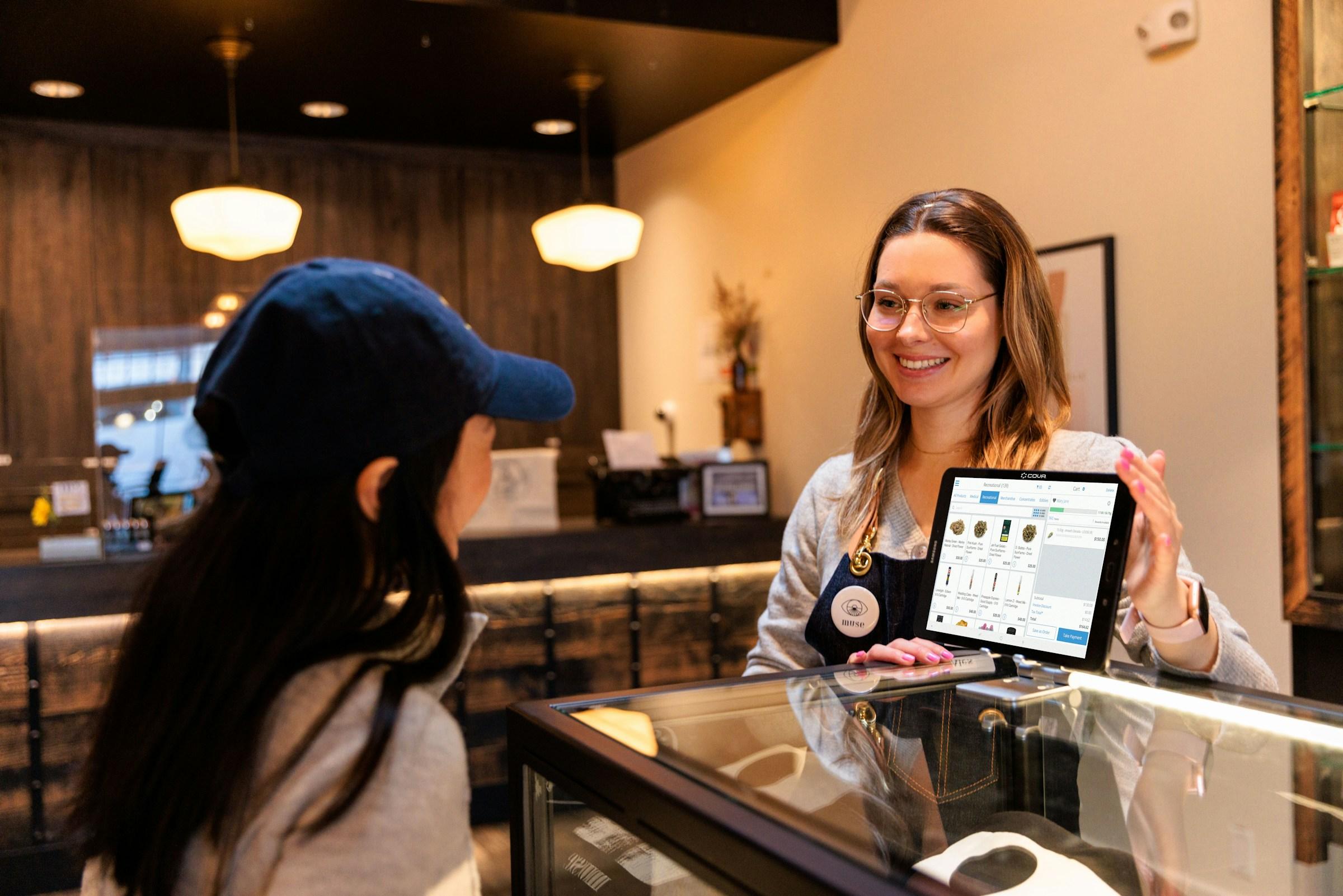There is a version of you that only shows up when the stakes are yours. Most people never meet that person at work because the guardrails are padded and the risks are shared. A side hustle removes the padding. It puts your name on the transfer, your face on the invoice, and your judgment on display. That is the first and most underrated benefit. It matures you. Not with slogans, but with quiet repetitions of choosing a price, asking for it, delivering on it, then sleeping with the quality of your own decisions.
People think the second income is the headline. It matters, especially when prices inch up and your savings rate refuses to cooperate. But the people who keep side hustles for years are not just chasing cash. They are chasing agency. When your rent, your dependents, or your aging parents are a constant reality, agency is not a motivational quote. It is optionality. The ability to say yes or no without fear. The benefits of having a side hustle start with that shift. You stop waiting to be chosen. You choose.
Money still matters, so let us talk about it like operators. A salary is a single point of failure. If it vanishes, your entire lifestyle feels exposed. A side hustle splits the risk. Even modest income streams change your posture. The first RM800 from design work on weekends or the first 2,000 SAR from a micro e-commerce store do more than pay a bill. They teach your nervous system that you can generate revenue without a corporate payroll. That confidence is not imaginary. It is earned, and it compounds.
There is a second financial benefit that boring budgeting rarely captures. A side hustle tightens the loop between effort and outcome. In a company, your good month might be absorbed by a slow quarter. In your own small venture, the lever is visible. You adjust the copy, the offer, the channel, or the follow-up, then you see the numbers move within days. Once you experience that loop, a lot of corporate hand-wringing becomes noise. You learn to measure what matters and to stop polishing what does not pay.
The third benefit is skill stacking that no course will ever simulate. Inside a paycheck, roles are neatly fenced. In your hustle, the fences disappear. You become sales, ops, finance, and brand in one. That does not make you a generalist without depth. It makes you dangerous with context. When you return to your day job, your marketing work carries operations empathy. Your product ideas carry cash flow awareness. You become the person in the room who asks the question everyone else forgot. That is career leverage born from real work, not a certificate.
In Southeast Asia and in Saudi, the market rewards this kind of practicality. Customers are price sensitive, platforms shift often, logistics can bite, and trust is still earned through consistency more than through branding alone. A side hustle aligns you with that reality. You get humbled by delivery time, by a customer who changes their mind, by a TikTok post that does nothing, and by the invoice that sits unpaid until you follow up with courage. Each annoyance is a skill. You learn to write shorter, ask clearer, price firmer, and protect your time without guilt.
There is also a cultural benefit that people rarely name. Many of us grew up in families that do not romanticize risk. They want stability first, then dreams later. A side hustle is a bridge both sides can accept. You keep the stability while you test a thesis small. You learn how to talk about money at home without defensiveness because you are not wagering the rent. I have seen founders in Malaysia and Singapore gain family support only after their weekend hustle covered groceries for three months straight. The numbers softened the fear. The fear had a right to exist. The numbers gave it a place to rest.
A common pushback is time. You are already stretched. You are tired. The fear is valid. The fix is not heroic willpower. It is constraint design. A hustle that survives is the one engineered to fit in the cracks of your life without burning it down. That means narrowing your offer to what you can repeat with high quality inside eight to ten hours a week. It means choosing one channel you can show up on with integrity, not five you will abandon. It means using scripts, templates, and a clear pricing sheet so that admin does not eat your soul. It means repayment habits for your own energy, the same way you would manage working capital. Sleep and relationships are assets. You do not raid assets for vanity revenue.
Another benefit is that a side hustle reveals your appetite for sales, which is a polite way of saying it teaches you how you react to rejection. In a job, your value is mediated by brand and title. In your own venture, the market gives you blunt feedback. You learn to separate your worth from your offer. You stop taking no as a comment on your identity and start taking it as data on your messaging. When that shift lands, your entire career becomes lighter. You negotiate better. You ask for raises with cleaner sentences. You stop apologizing for wanting to be paid on time.
Let us talk about network in a way that is not transactional. When you build something on the side, your introductions change. You are not just swapping business cards at someone else’s event. You are collaborating with a supplier, an editor, a videographer, a store owner who taught you that packaging costs more than you think. Those relationships are not theoretical. They are anchored by shared execution. Later, if you decide to scale or to raise, you will not be starting at zero. You will have names that answer your messages because you shipped together on a small, real thing.
There is a spiritual benefit too, even if you do not use that word. Building your own small product or service returns you to craft. It reminds you that work is not only performance reviews and decks. It is problem solving for a customer you can name. It is the feeling of sending something at midnight that made your client’s morning easier. That meaning protects you from the cynicism that eats teams. When your day job becomes political or sluggish, your hustle preserves your sense of competence. You remember that you can still move a result with your hands and your head.
Of course, there are risks. A side hustle can turn into a second job that punishes your health. It can create conflicts with your employer if you are careless. It can deteriorate into chasing trends for likes that never convert. That is why the real benefit is not the income alone. It is the discipline you build around scope, ethics, and rest. Before you launch anything, read your employment agreement. Declare your conflict boundaries. Refuse clients who smell like chaos. Price to protect quality. Say no faster. Design a hard stop on your workdays. The real flex is not hustle. It is boundaries that allow the hustle to endure.
There is a moment every builder remembers. It is the first time a stranger pays. Not your cousin. Not your friend. A stranger who trusted your words, your offer, your delivery. That moment rewires you. You cannot unlearn it. It is the day you stop being only an employee. You become a builder who chooses to be employed while building. The identity shift explains why people keep going when revenue dips or platforms change their rules. They are not attached to the channel. They are attached to the craft and to the person they became by learning it.
For some, the side hustle will evolve into a company. For many, it should not. The benefit is not measured in headcount. The benefit is measured in autonomy, in the ability to say no to bad culture, in having savings that now grow faster because of a second engine, in your sharpened feel for pricing, and in the courage to take a bigger role without overestimating your capacity. If it does grow, you will already carry better instincts than the founder who never sold to a single customer on their own. You will hire with respect for roles you once held. You will document because you know what it costs when you do not.
You may be reading this from a small apartment in Shah Alam or a coworking desk in Jeddah, thinking that your idea is too simple to matter. Good. Simplicity survives busy seasons. A niche garment repair pickup for condo residents, a monthly pantry restock service for new parents, a high trust ghostwriting offer for founders who hate writing, a translation service for merchants selling into the Gulf who do not want to fumble nuance. In this region, customers reward reliability and respect. If you can bring both, you can earn quietly for a long time.
In the end, the benefits of having a side hustle are pragmatic. More cash flow, fewer career blind spots, stronger skills, better network, a clearer relationship to rejection, and a truer sense of self at work. The second time you have to advocate for yourself in a corporate room, the voice that speaks will not be needy or loud. It will be steady. It will sound like a person who has collected payments, handled refunds, apologized once, and delivered twice. That voice is worth more than the extra income. It shapes how you move for the rest of your career.
If you choose to start, treat it like a real business that happens to be small. Pick a problem, price it clearly, protect your time, and let consistency do its slow work. The market does not owe you attention, but it will repay reliability with trust. That is how small things grow in Southeast Asia. Not with noise. With service, rhythm, and the quiet confidence that comes from building something you can stand behind when no one else is responsible for it but you.



.jpg)






.jpg&w=3840&q=75)


.jpg&w=3840&q=75)

.jpg&w=3840&q=75)